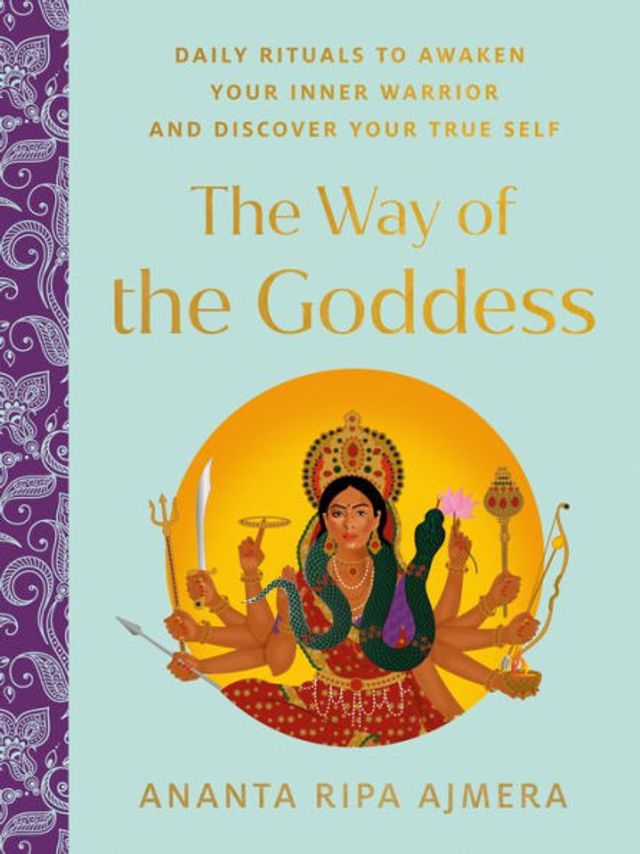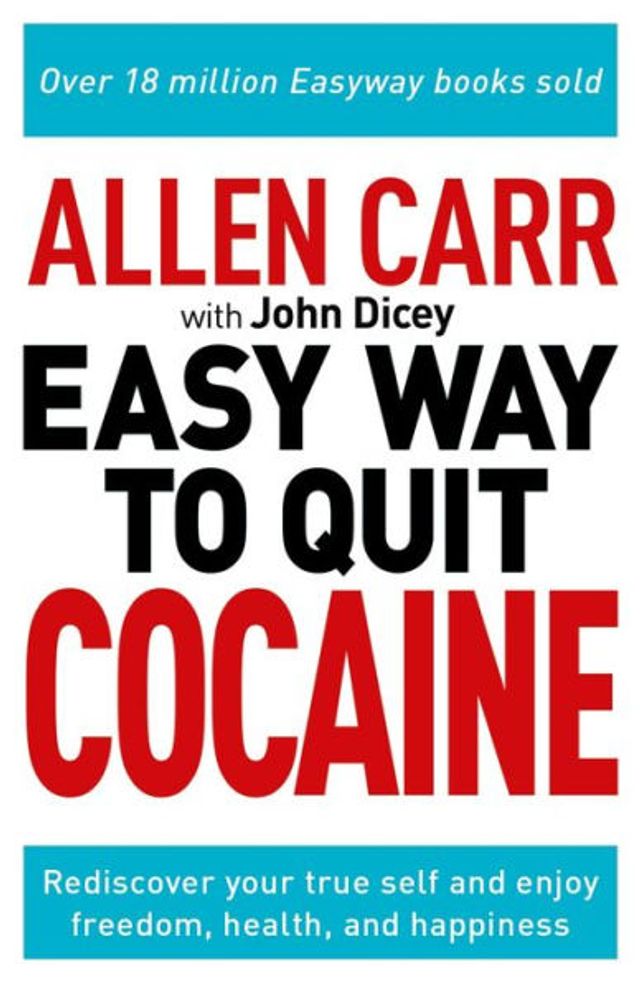Home
Dive into Yoga, Unveiling Its Transformative Health Benefits and Exploring the Path to Discovering the True Self
Barnes and Noble
Dive into Yoga, Unveiling Its Transformative Health Benefits and Exploring the Path to Discovering the True Self
Current price: $30.99


Barnes and Noble
Dive into Yoga, Unveiling Its Transformative Health Benefits and Exploring the Path to Discovering the True Self
Current price: $30.99
Size: OS
Loading Inventory...
*Product information may vary - to confirm product availability, pricing, shipping and return information please contact Barnes and Noble
Practitioners, and their search for the true self. A thousand years before the birth of Christ and for
five subsequent centuries, it has been theorized that yoga flourished in cities known today as
India and Pakistan (Chaline, 2001). People practiced yoga to become closer to God. Yoga
literally means to 'yoke' or to be in union (Satchidananda, 1990). According to the Yoga Sutras
of Patanjali, yoga is the "science of the mind" (Satchidananda, 1990, p. xi). Richard Freeman, a
student and teacher of yoga for 38 years, in an interview with Bonnie Horrigan (2004), describes
yoga as "a meditative discipline and a way of gaining insight into the nature of the mind and
reality." He believes that "yoga is ultimately freedom or liberation, and its benefit is much more
than simply good health" (p. 65). According to Freeman, yoga is the undoing of the harm people
do to their bodies as a result of modern living. He states that "we often hold the body or posture
the body based on past experiences" (p. 66). Yoga can assist in reversing this postural
conditioning.
five subsequent centuries, it has been theorized that yoga flourished in cities known today as
India and Pakistan (Chaline, 2001). People practiced yoga to become closer to God. Yoga
literally means to 'yoke' or to be in union (Satchidananda, 1990). According to the Yoga Sutras
of Patanjali, yoga is the "science of the mind" (Satchidananda, 1990, p. xi). Richard Freeman, a
student and teacher of yoga for 38 years, in an interview with Bonnie Horrigan (2004), describes
yoga as "a meditative discipline and a way of gaining insight into the nature of the mind and
reality." He believes that "yoga is ultimately freedom or liberation, and its benefit is much more
than simply good health" (p. 65). According to Freeman, yoga is the undoing of the harm people
do to their bodies as a result of modern living. He states that "we often hold the body or posture
the body based on past experiences" (p. 66). Yoga can assist in reversing this postural
conditioning.

















